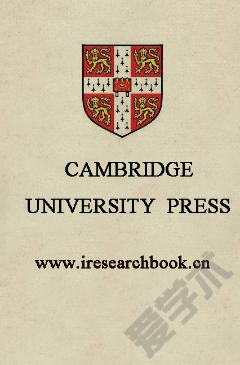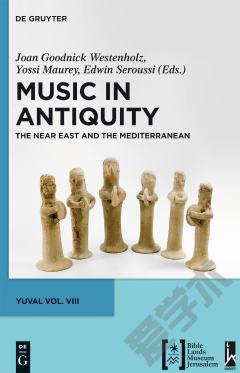Music of the Middle Ages:Volume 1
Uniquely among histories of mediaeval music, this book is specifically devoted to the vast repertory of monophonic music. Too often treated as a preamble to polyphony, this music forms the basis of Europe's musical tradition. (A companion volume by F. A. Gallo, forthcoming in English translation, covers polyphonic music of the Middle Ages.) Giulio Cattin outlines the birth and evolution of Christian chant in the early centuries of the Church and describes a number of partly independent Byzantine and Western chant traditions. Fr Cattin's own background in the Church gives a particular authority to his writing on liturgical music, and he presents the latest original research without being too technical. In addition to offshoots of the main liturgical tradition such as tropes, metrical offices and liturigical drama, Fr Cattin covers the birth of secular music, first in Latin monody, and then in a growing variety of music in vernacular languages - the Italian laude and the lyrics of the Provençal troubadours, the French trouvères and the German Minnesinger. Chapters on early instrumental music and on the philosopher's view of the ars musica complete the book.
{{comment.content}}








 京公网安备 11010802027623号
京公网安备 11010802027623号